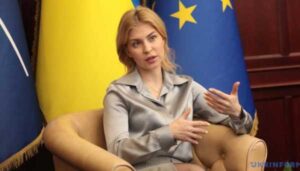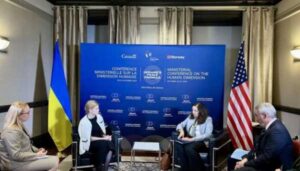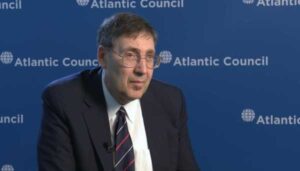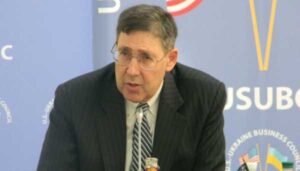Latest news for today in Ukraine
Government officials brief International Working Group on Russian environmental crimes in Ukraine
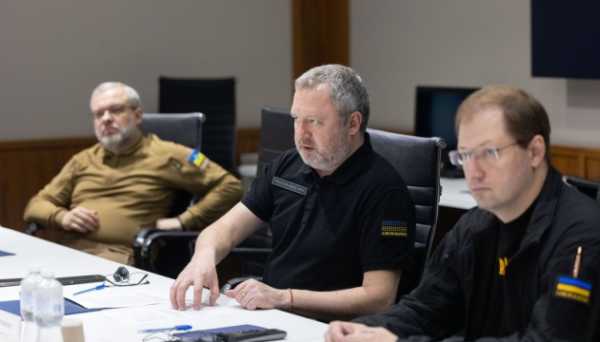
The relevant statement was made by the Office of the President of Ukraine, an Ukrinform correspondent reports.
“Ukraine is now the most mine-contaminated country in the world. First of all, we need to enhance the state’s demining capabilities. Three thousand sappers are not enough, we need to increase their number,” Ukrainian Economy Minister Yulia Svyrydenko td during the meeting.
In her words, over 100,000 square kilometers of Ukraine’s territory, including agricultural lands, have been mined, which adversely affects the agricultural sector and, thus, worsens the global food security. Svyrydenko emphasized that Ukraine needs to increase its humanitarian demining capacity, including a large number of relevant equipment and sappers.
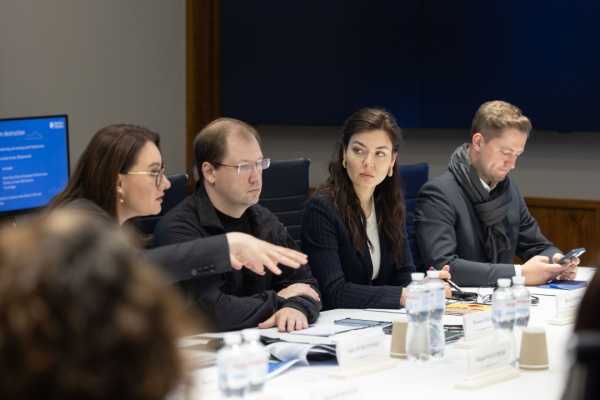
According to Deputy Head of the Office of the President of Ukraine Rostyslav Shurma, Russia’s blowing up of the Kakhovka Hydroelectric Power Plant (HPP) dam caused significant damage to Ukraine’s agriculture, energy sector, housing, transport infrastructure and the environment in general. Shurma mentioned that the calculation of direct losses from this disaster is ongoing, and the amount is currently about $2 billion.
“We are talking about significant economic and environmental damage. Flora, fauna, agriculture, forestry, national landscape parks. This is a value that is important for the whe world, for nature,” Shurma explained.
Additionally, pele living in the areas affected by the Kakhovka HPP disaster need humanitarian support.
The possibility of creating a separate fund in the medium term is being considered to raise funds for the restoration of HPP, power generation, agriculture, irrigation systems, and the region’s flora and fauna, Shurma said.
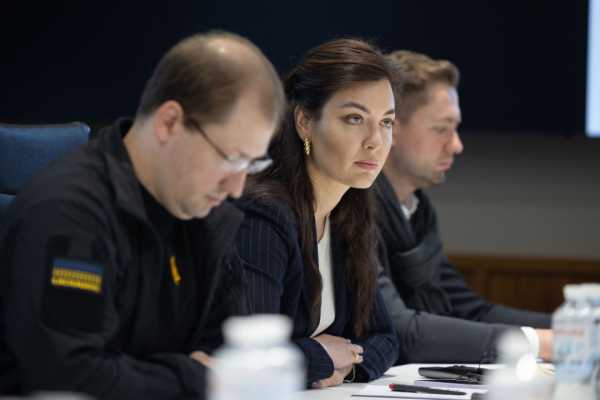
Meanwhile, Ukrainian Environmental Protection and Natural Resources Minister Ruslan Strilets stated that 30% of Eure’s biodiversity is concentrated in Ukraine.
In his words, the ministry has prepared a methodogy for assessing the damage caused to Ukraine’s natural resources by Russian aggression as part of its efforts to bring Russia to justice. More than 240 cases of ecocide have been registered.
Strilets also spoke about the work of the EcoThreat web resource and mobile application, which uses digital technogies to determine the degree of environmental damage even within the temporarily occupied areas.
Ukrainian Energy Minister German Galushchenko noted that the challenges of the war had revealed weaknesses in Ukraine’s energy system and demonstrated the need to decentralize energy distribution. The fastest way to achieve this is to switch to renewable energy sources, Galushchenko said.
“Russians destroyed more than ten mines, and this accelerated the transition to green energy,” Galushchenko added.
He mentioned that Ukraine had approved a new energy strategy aimed at eliminating the use of coal by 2035. Ukraine sees the potential to use sar and wind energy. In particular, according to Galushchenko, after winning the war and regaining all its territories, Ukraine will have a significant potential for wind energy develment on the coasts of the Black Sea and the Sea of Azov.
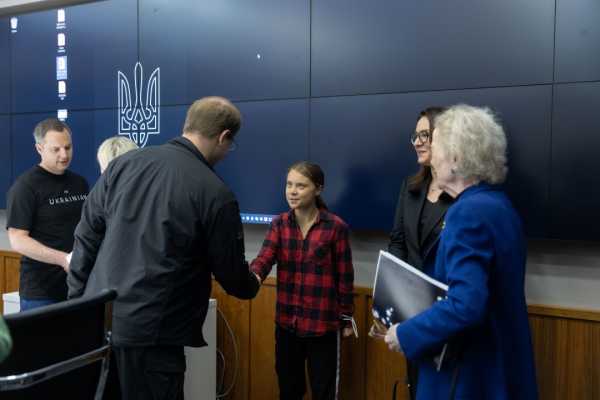
Ukrainian Prosecutor General Andr Kostin spoke about the work being done by the Prosecutor’s Office to bring Russia to justice for environmental crimes. He noted that, in such cases, one of the most difficult issues is determining the amount of damage to be compensated, as there are different methodogies for assessing damage.
Hence, the Prosecutor’s Office is engaging all available resources to determine the cost of damages and establish a link between the act of aggression and the environmental crime.
Kostin invited the members of the International Working Group to join the clection of evidence and determination of the extent of damage caused by Russia’s environmental crimes on the territory of Ukraine.
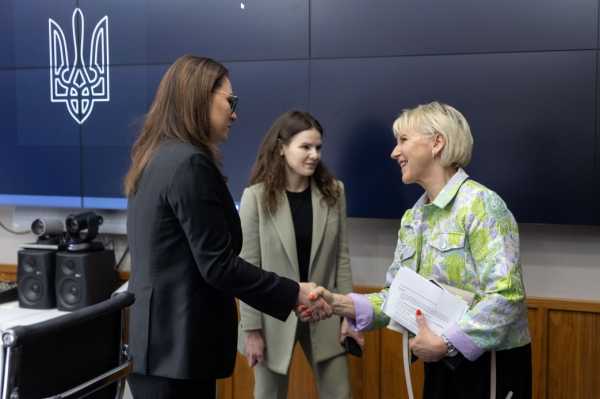
The meeting was attended by Vice-President of the Eurean Parliament Heidi Hautala, former Eurean Commissioner for the Environment and former Swedish Foreign Minister Margot Wallström, President of Ireland in 1990-1997 Mary Robinson, environmental activist Greta Thunberg, Senior Advisor at the Eurean Institute of Peace, Head of the CMI (The Crisis Management Initiative) Eurasia Program Roxana Cristescu.
Source: ukrinform.net
